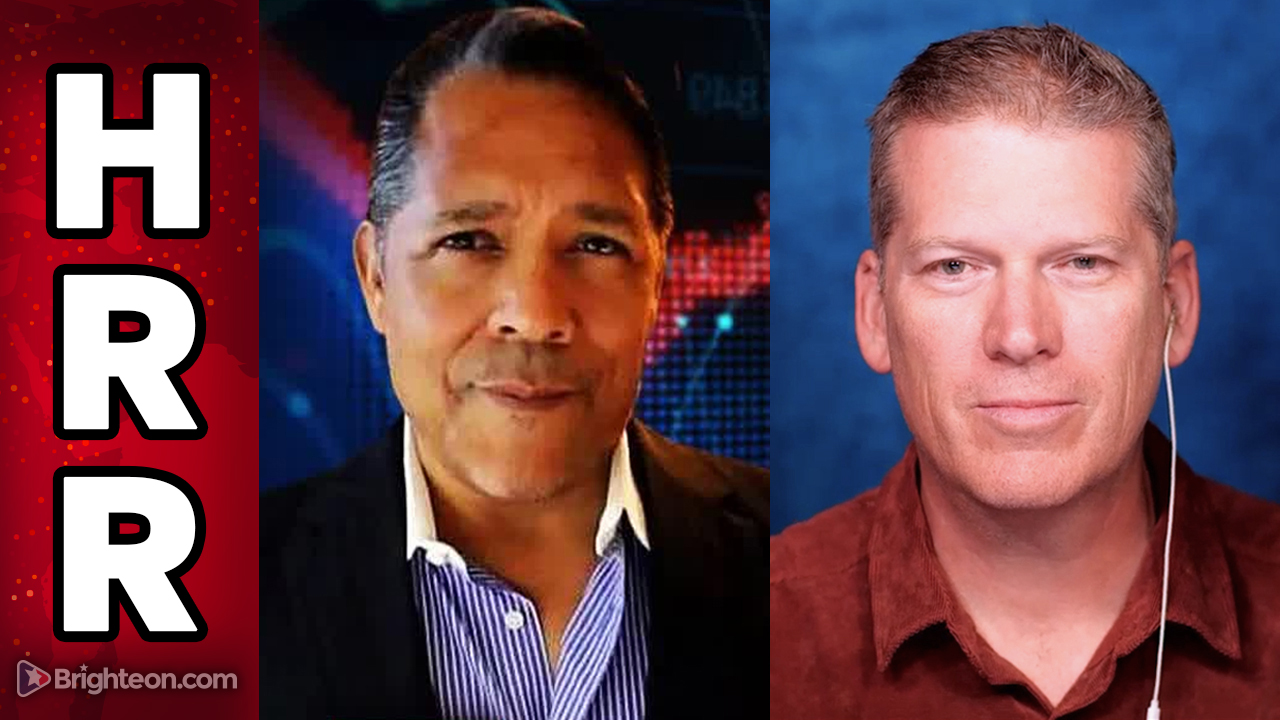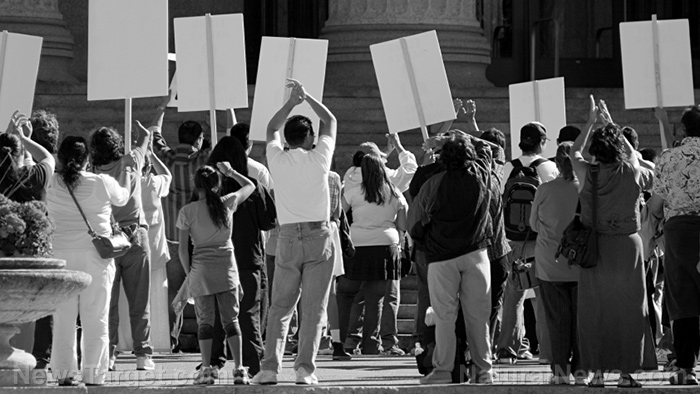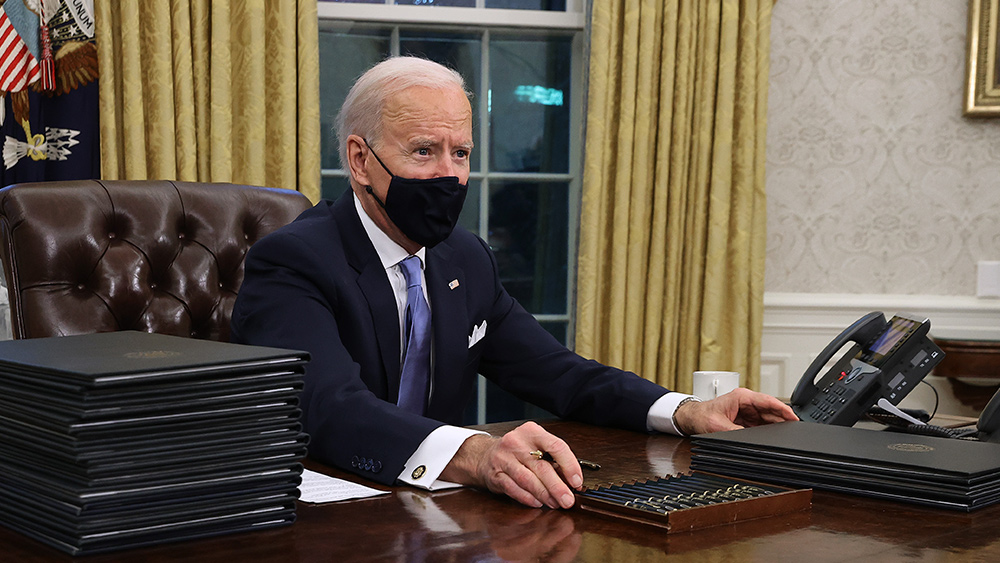
According to Public Banking Institute (PBI) founder Ellen Brown, the banking system's problem stems from the fact that money in its banks is debt that it keeps on loaning to other people. This money loaned to people exceeds the actual amount banks have as capital or reserves.
She told "Solutions Watch" host James Corbett that when people start to be driven by fear, they resort to bank runs. And since banks do not actually have enough reserves due to lending money to people, they eventually fail.
"Money is debt, money is credit. If you put your money in the bank, then you are lending it to the bank and it's no longer your money," Brown said. "It all works fine as long as people leave their money in the bank. But as soon as people start getting suspicious, then there are bank runs."
In a February 2023 article published on her website, the founder of the California-based think tank blasted the Dodd-Frank Wall Street Reform and Consumer Protection Act of 2010. While the act's preamble promised to "protect the American taxpayer by ending bailouts," Title II of the Dodd-Frank Act imposed the losses of insolvent financial companies on their common and preferred stockholders, debt holders and other unsecured creditors, through bail-ins.
A depositor with money in a failed bank amounting to $250,000 or less is covered by the Federal Deposit Insurance Corporation (FDIC).
But the FDIC only had $122 billion in its insurance fund – not enough to cover 1.27 percent of the $9.6 trillion in insured deposits. A $100 billion credit line with the Department of the Treasury is likewise insufficient as just over two percent of deposits would be insured.
Human knowledge is under attack! Governments and powerful corporations are using censorship to wipe out humanity's knowledge base about nutrition, herbs, self-reliance, natural immunity, food production, preparedness and much more. We are preserving human knowledge using AI technology while building the infrastructure of human freedom. Use our decentralized, blockchain-based, uncensorable free speech platform at Brighteon.io. Explore our free, downloadable generative AI tools at Brighteon.AI. Support our efforts to build the infrastructure of human freedom by shopping at HealthRangerStore.com, featuring lab-tested, certified organic, non-GMO foods and nutritional solutions.
"The point of an orderly resolution under the Act is not to make depositors and other creditors whole. It is to prevent a system-wide disorderly resolution of the sort that followed the Lehman Brothers bankruptcy in 2008. Under the old liquidation rules, an insolvent bank was actually 'liquidated' as its assets were sold off to repay depositors and creditors," the article further explained.
People transferring money from regional banks to big banks
Corbett said a lot of people are taking their money out of the regional banks and transferring them to bigger banks.
"They are flocking to JPMorgan, Citi and all of these major banks that are the core of system corruption, just fundamentally a flawed system," he pointed out. "So obviously, that doesn't seem the right thing to do."
Remarks by Treasury Secretary Janet Yellen may have contributed to this move. During the Senate Finance Committee's March 16 hearing, she admitted that the Biden administration will only bail out larger banks. This leaves small regional banks to fend for themselves. (Related: YELLEN FIRE IN A CROWDED THEATER: Janet Yellen says only big banks of choice will be bailed out, not regional banks.)
"A bank only gets that treatment if a majority of the FDIC board, a supermajority of the Fed board, and I – in consultation with the president – determine that the failure to protect uninsured depositors would create systemic risk and significant economic and financial consequences," Yellen said.
Sen. James Lankford (R-OK) pointed out that the secretary is urging Americans to withdraw money from smaller banks and transfer it to the chosen banks the government has deemed worthwhile to protect.
"We have seen the mergers of banks over the past decade. I'm concerned you're about to accelerate that by encouraging anyone who has a large deposit in a community bank to say, 'We're not going to make you whole, but if you go to one of our preferred banks, we will make you whole at that point,'" he said.
Brown ultimately remarked that it all boils down to the fundamental problem that all banking relies on borrowing other people's money.
"When interest rates shoot up, they couldn't come up with enough money to pay the customers. The flaw is that banks are lending other people's money," she emphasized, adding that the solution is to separate deposits from credit.
Check out EconomicRiot.com for more news on the collapsing banking system in the United States.
Watch the full episode of "Solutions Watch" with James Corbett featuring Ellen Brown below.
This video is from the What is happening channel on Brighteon.com.
More related stories:
Sources include:
Please contact us for more information.



















